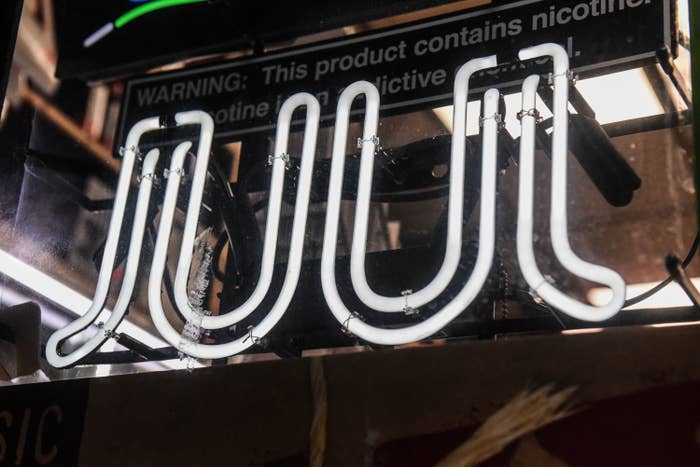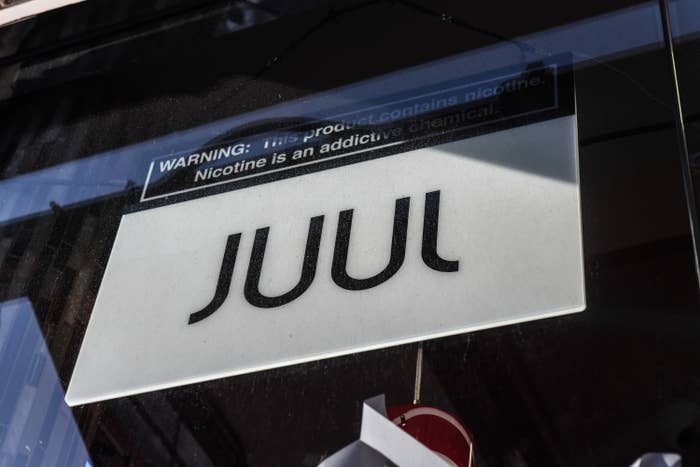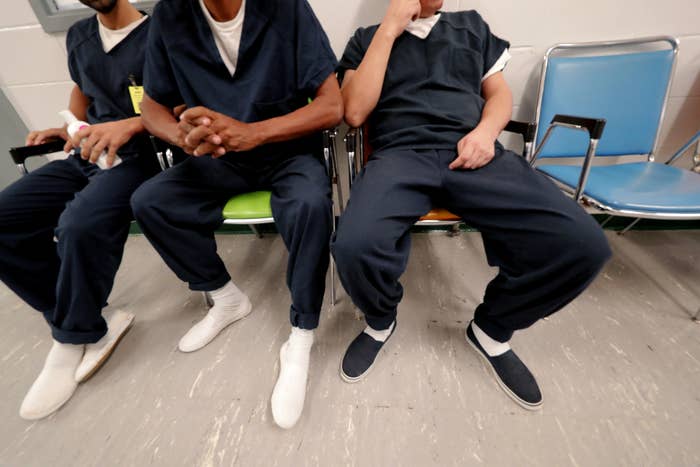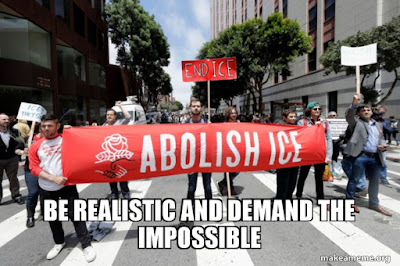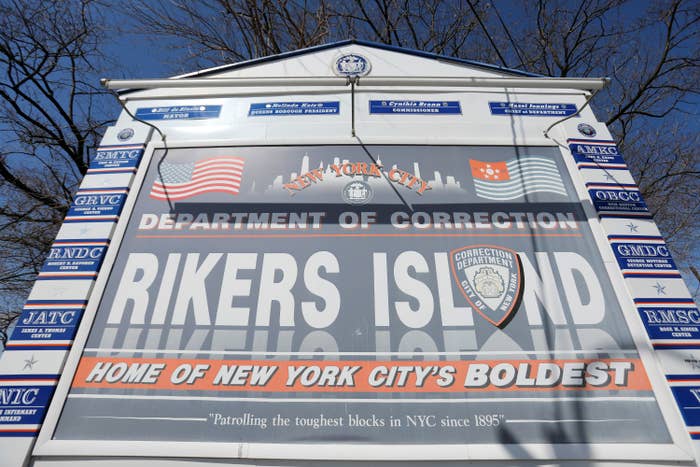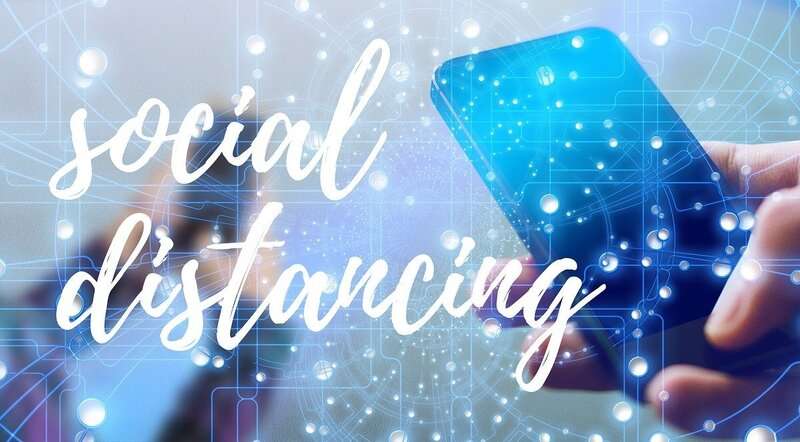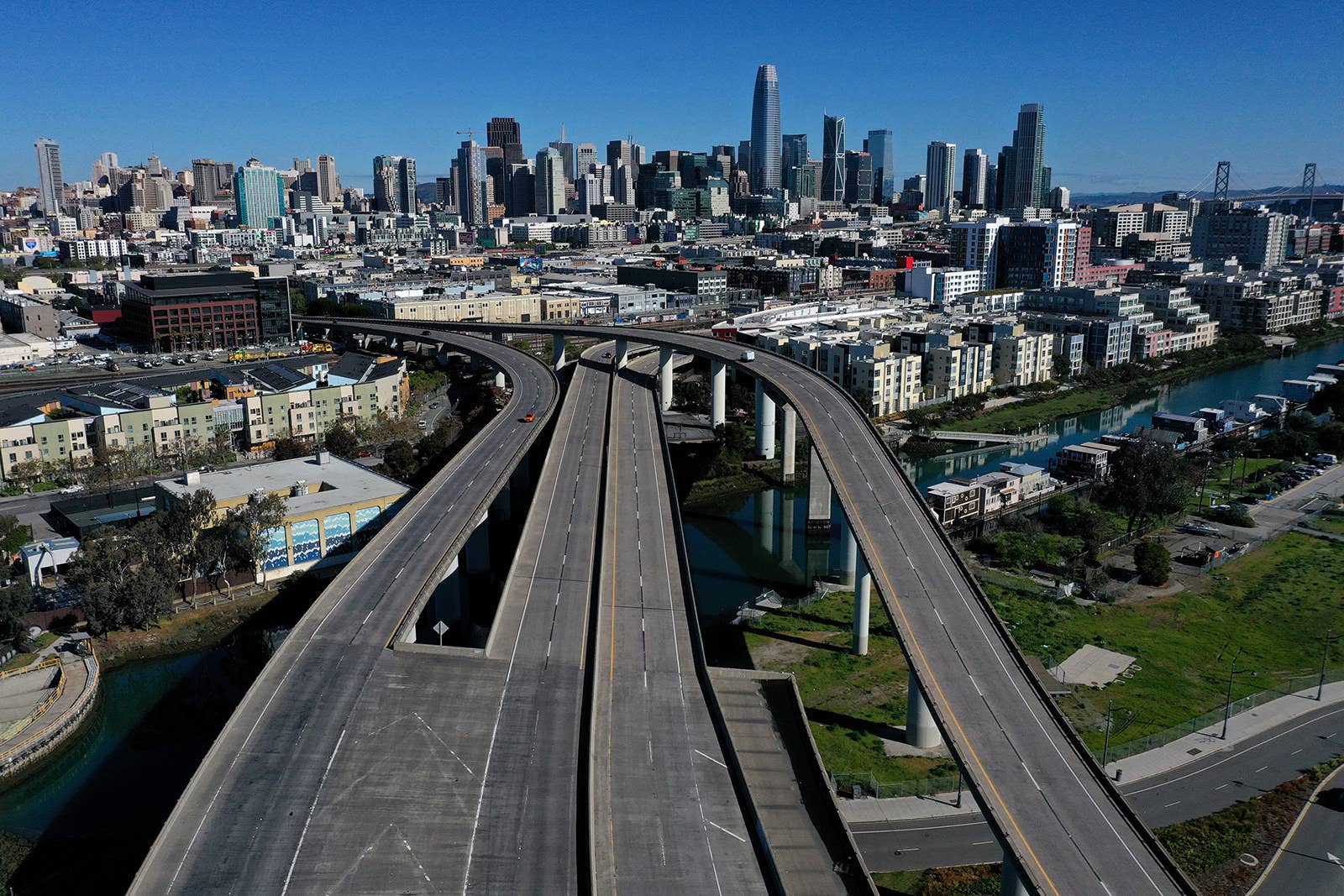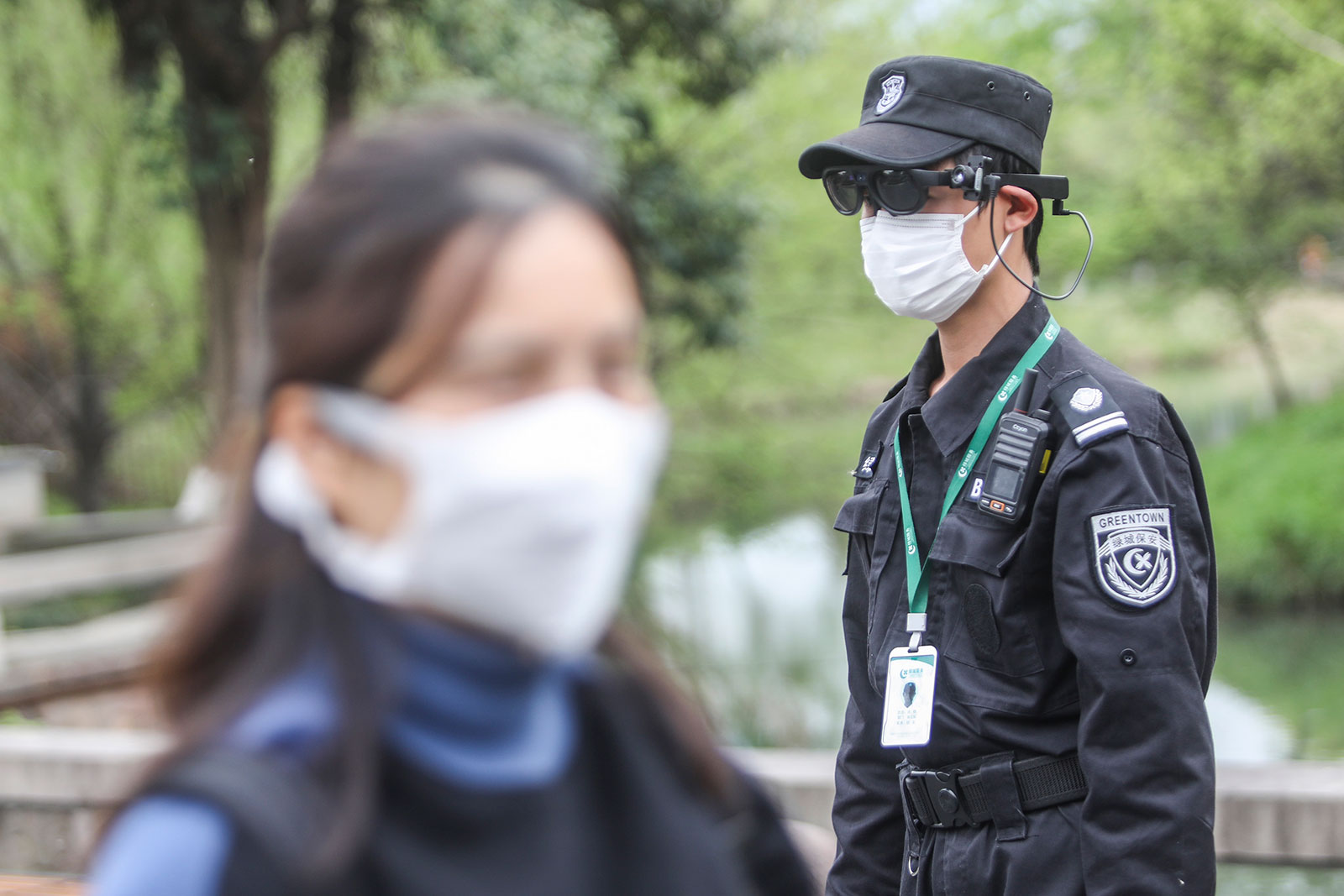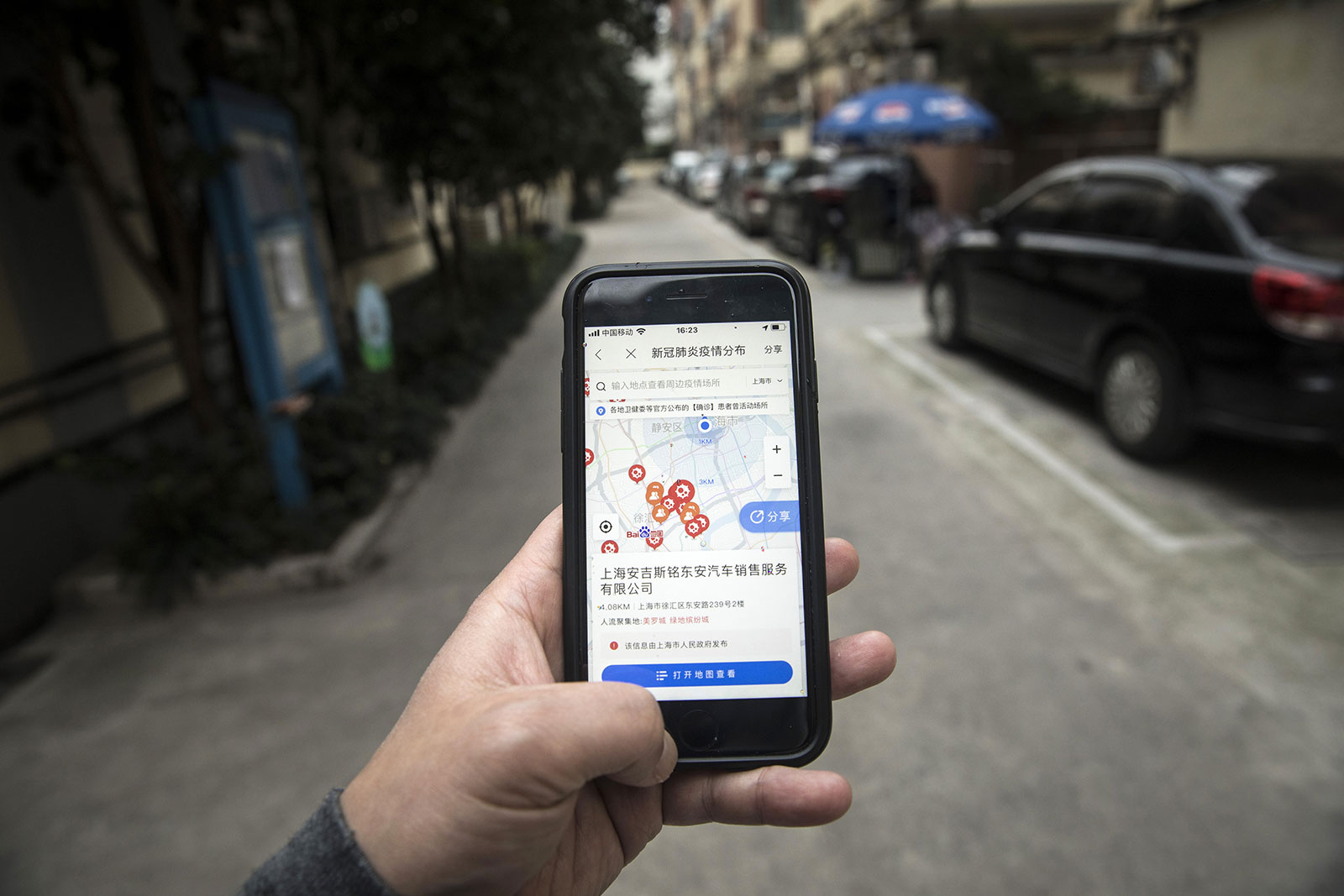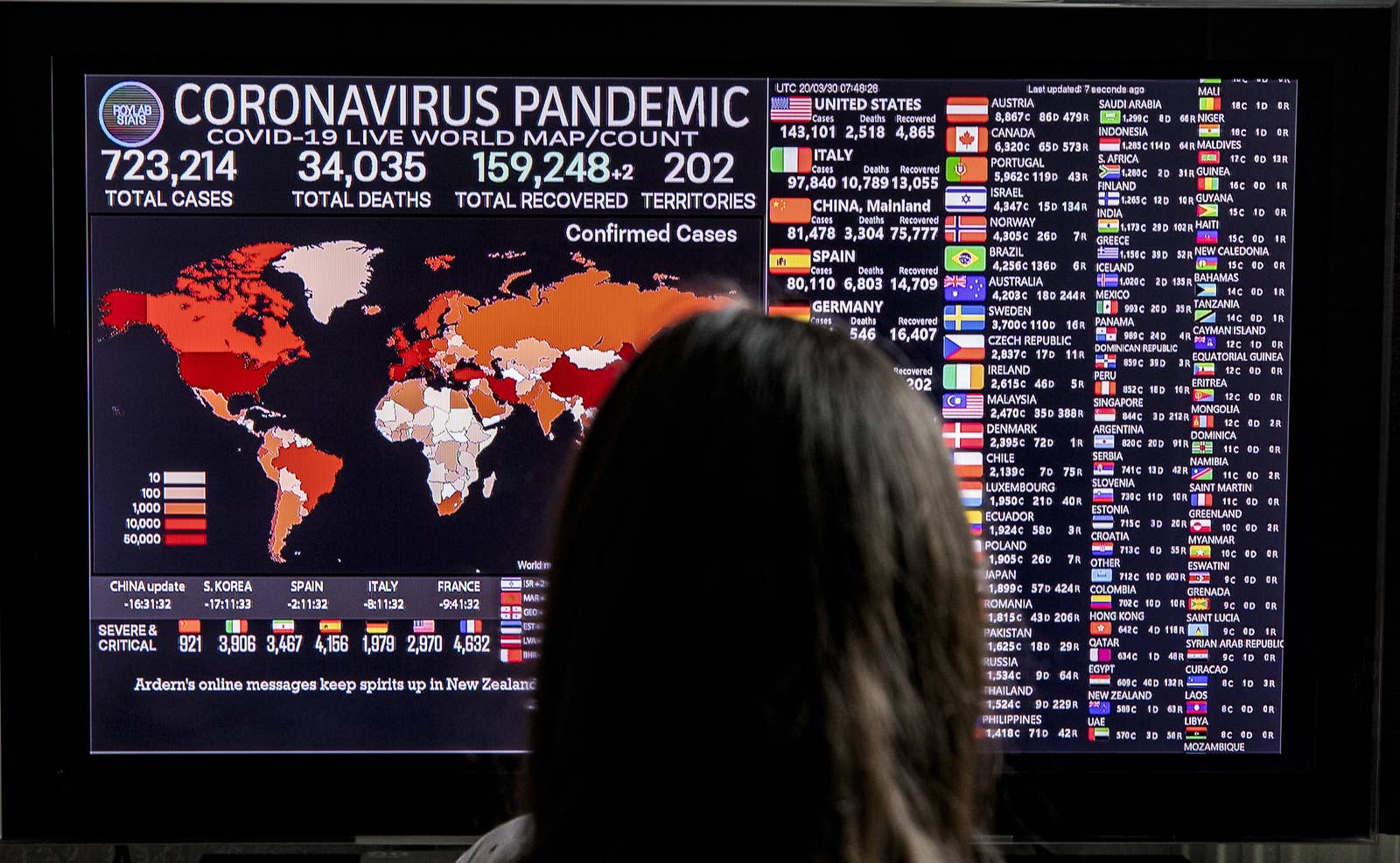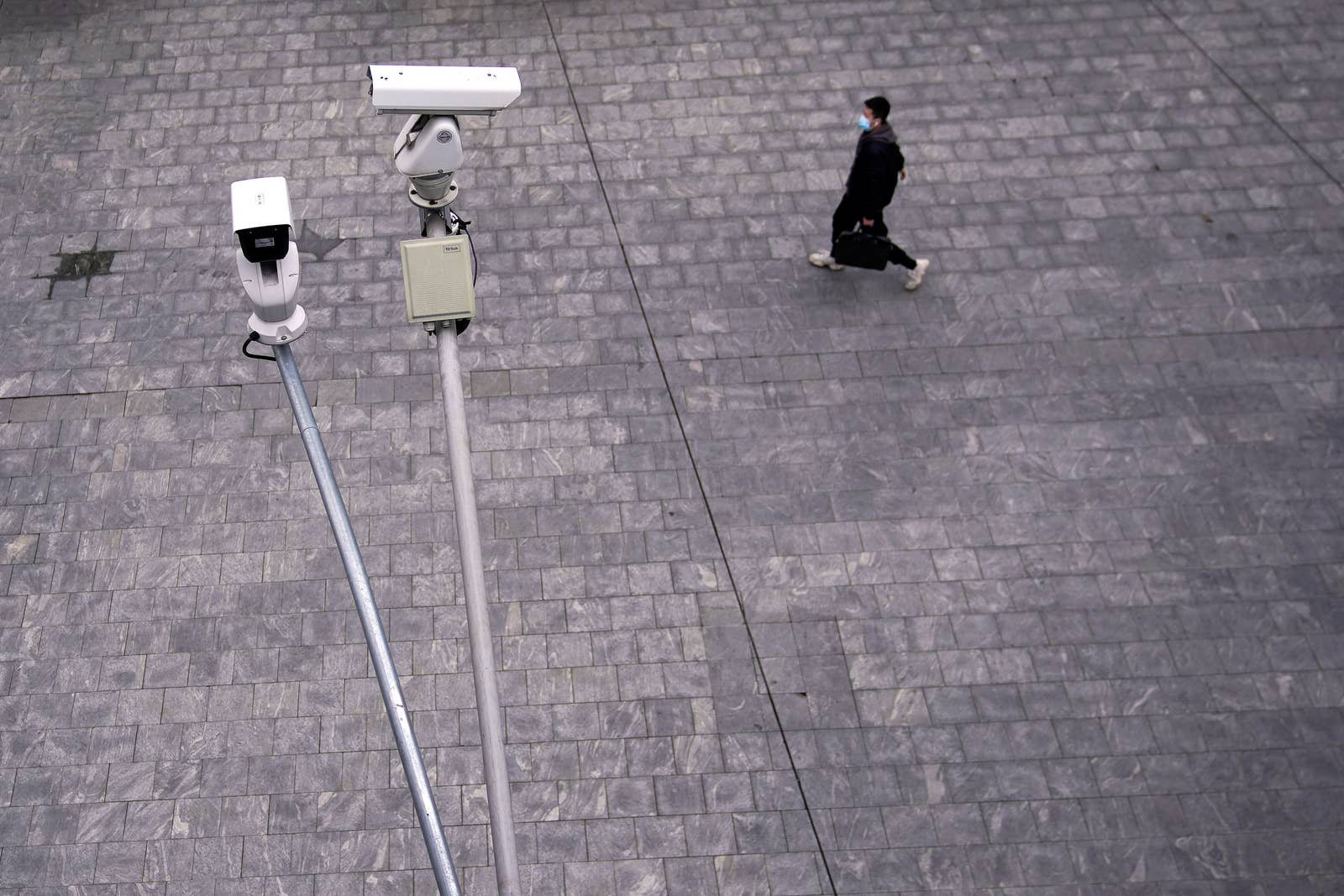COVID-19 KILLS KAPITALISM
Other Pandemics Didn't Crash The Economy. This Chart Shows Why COVID-19 Is Different

The novel coronavirus appears to be more contagious than previous outbreaks.
Other Pandemics Didn't Crash The Economy. This Chart Shows Why COVID-19 Is Different

The novel coronavirus appears to be more contagious than previous outbreaks.
The world has survived deadly viruses and other types of pandemics before, but never in modern history has one caused an economic crash anywhere near the sort we are seeing today with the coronavirus crisis.
During the 1918-19 Spanish flu outbreak, the most severe pandemic in recent history, the Dow Jones stock index declined around 10 per cent over more than a year. In this COVID-19 pandemic, it lost more than 30 per cent in a month.
Why is this happening? Why did we have to shut down the economy to deal with COVID-19 when we didn’t have to for SARS in 2003, or the H1N1 pandemic in 2009?
A new report from National Bank of Canada points to an answer: the virus appears to be more contagious than previous pandemics, making it easier for COVID-19 to spread.
The “basic reproduction number” for COVID-19 is nearly 3.5 ― meaning that the average person who contracts it will infect nearly 3.5 other people. That is much higher than the typical flu virus that goes around, or any of the viral pandemics over the past century, which had considerably lower reproduction numbers, as this chart from NBF shows.
“In that context, unprecedented action taken by governments worldwide to shut down the economy, while painful, is understandable,” NBF economist Krishen Rangasamy wrote.
The high contagion rate of the virus may be why the world was caught off guard, and ended up having to lock down borders and order people to stay home to prevent the spread. And the impact of that “unprecedented action” spooked the markets, sending them tumbling from recent record highs ― at a time when many people were already concerned that there was a bubble in the price of stocks and other assets.
If COVID-19 does prove more contagious than others, one possible explanation may have to do with its long incubation period, before sufferers show any symptoms. The science is not yet settled, but it’s possible that people carrying the virus can infect others before showing symptoms.
If so, that’s a huge problem. Because COVID-19′s incubation period seems to be quite long, at least for some people. The current accepted number is two to 14 days, and in some cases, it has been as long as three-and-a-half weeks.
That’s a long time for infected people to walk around, unknowingly spreading the virus, which is why officials have been advising people to stay home and practise social distancing as much as possible.
A new obsession
It all suggests that, until there is a vaccine or a treatment, any future COVID-19 outbreaks may require extraordinary responses from governments.
And it means economists have a new obsession: The “reproduction number” of viruses, or “R0” in scientific notation.


